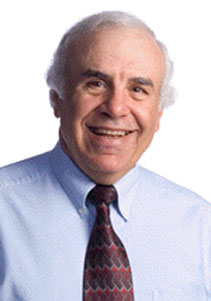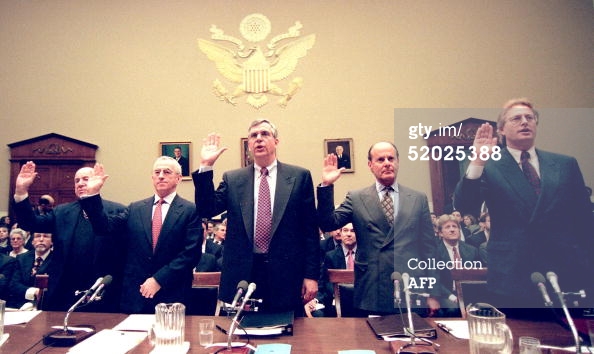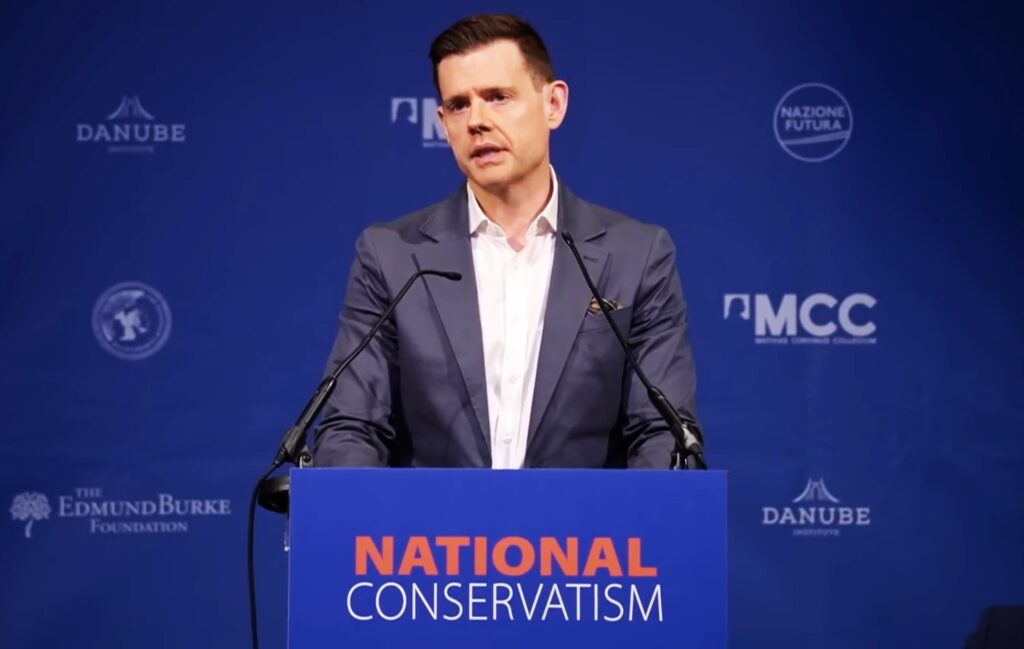An Executive* of a major shale gas development company has conceded what scientists have been saying for years: global shale gas development has the potential to wreak serious climate change havoc.
Best known for his company’s hydraulic fracturing (“fracking”) activity, Southwestern Energy Executive Vice President* Mark Boling admitted his industry has a methane problem on the May 19 episode of Showtime’s “Years of Living Dangerously” in a segment titled, “Chasing Methane.”
“I think some of those numbers, they certainly concern me,” Boling says on the show. “How could you say that that methane emission rate was one and a half percent – very, very difficult to there from here for that.”
Boling goes toe to toe in the segment with Cornell University Professor Anthony Ingraffea, who co-authored the 2011 paper now best known as the “Cornell Study.”
That study was the first to say that over its entire lifecycle, shale gas production is dirtier than coal due to the greenhouse gas trapping capacity of leaking methane. Numerous studies since then have depicted high leakage rates throughout the production lifecycle.
Cornell University Professor Anthony Ingraffea; Photo Credit: Cornell University
Brendan DeMelle, DeSmogBlog Executive Director and Managing Editor, is also a featured guest on tonight’s episode. He discusses the well-funded climate change denial machine and attacks on renewable energy development in a segment titled, “Against the Wind.”
The Years of Living Dangerously episode coincides with the release of a new paper on fracking’s climate change impacts by Cornell Study co-author Professor Robert Howarth.
Howarth’s latest paper is titled, “A bridge to nowhere: methane emissions and the greenhouse gas footprint of natural gas,” a wordplay on the industry’s self-promotional pitch about gas being a “bridge fuel” to a clean energy future.
“Smoking is Addictive” Redux
Over 16 years ago, then Philip Morris chairman Geoffrey Bible testified before Congress that “tobacco is a risky product,” “plays a role in lung cancer” and that “cigarette smoking is addictive.”
It was a watershed moment for Big Tobacco. Only four years before that hearing, several tobacco industry CEOs testified under oath to Congress that nicotine is not addictive.
Photo Credit: Jessica Persson/AFP/Getty Images
While not stated under congressional oath, Boling’s statement depicts the reality of shale gas development. That reality is denied by those such as former Chesapeake Energy CEO Aubrey McClendon, who says shale gas is “clean” and U.S. Rep. Nancy Pelosi (D-CA), who once said gas is both “clean” and not even a fossil fuel.
Put another way, history has repeated itself, with Mark Boling serving as fracking’s Geoffrey Bible. But does that mean Southwestern Energy plans to stop fracking? Hardly.
“No question, there’s work to be done,” he said on the show. “But we can all waste our time about ‘is it 4%, is it 8%, is it 1%’ or we could all just say ‘I don’t care what anyone thinks it is, let’s go out and fix the problem.’”
“Green Completions” the Fix?
Boling, along with others such as industry front group Energy in Depth and the Environmental Defense Fund, believe “green completions” of wells during the fracking process are the fix to the problem of methane leakage and accompanying climate change impacts.
“The old way we used to do it, like this, we would vent probably 16 million cubic feet of gas on average from each well that we are now capturing,” Boling told “Years of Living Dangerously.” “Multiply that by the amount of money you make per thousand cubic feet, it pays for itself.”
But as segment host and New York Times reporter Mark Bittman pointed out, all of the claims the U.S. Environmental Protection Agency (EPA) makes about how “green” the “green completions” are come straight from the industry itself. EPA would not discuss the issue with Bittman for the episode.
But a former EPA employee did. John C. Bosch, Jr., Senior Engineer and Program Advisor for the EPA‘s Office of Air Quality Planning and Standards, told Bittman that “All these emission inventories, by the way, are derived from industry supported data.”
Bosch compared it to the fox guarding the henhouse.
Or as Bittman put it in closing the segment, “From everything I’ve seen, it seems like right now natural gas could be making our climate problem worse, not better. I think we need to ask ourselves if that’s a risk worth taking.”
*An earlier version of this article referred to Mark Boling, President – V+ Development Solutions, General Counsel & Secretary for Southwestern Energy, as the CEO. We regret the error.
Photo Credit: Shutterstock | GrandeDuc
Subscribe to our newsletter
Stay up to date with DeSmog news and alerts








